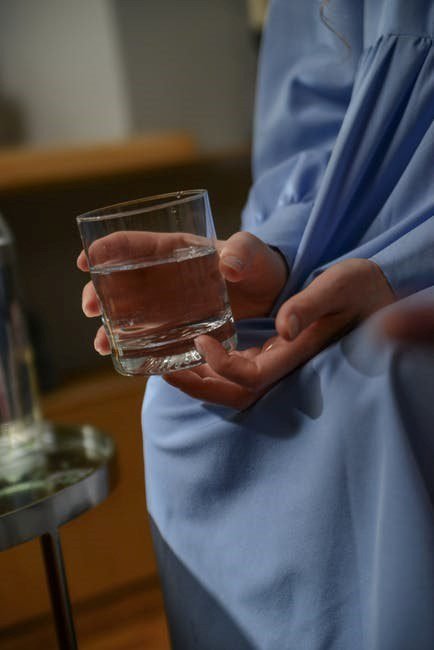Last Updated on June 28, 2023 by
What’s in your water? We’d like to think the answer is “nothing,” but the truth is, you’re virtually guaranteed to have some things in your water that you didn’t know about. There are a few ways to combat this. Many people run their tap water through a water filter; you might also use a water softener. One solution you may not have heard of is water conditioner.
What is water conditioner? It’s a way to treat your water that is similar to, but distinct from, water softener. It targets different chemicals and affects water differently than water softener does.
There are many styles of water conditioner, some of which may be more effective than others. Keep reading to learn more about water conditioner. We’ll cover how it differs from water softener and how it can help your home.
Table of Contents
How Do Water Conditioners Work?
If you’re looking to define water conditioner, you need to start by examining how the process works. There are several methods of conditioning water, such as electrically induced precipitation.
This method of conditioning water involves an electrical current. The current causes water to precipitate on an electrode, leaving behind the elements you want to remove from your water.
The electrode must be cleaned regularly. Otherwise the removed particulates will simply dissolve back into the water.
A more controversial type of water conditioner is magnetic water treatment. It uses a magnetic field to create microscopic precipitates that prevent your water from creating water scale.
Magnetic water treatment is completely unproven. Though products like ScaleBlaster water conditioner claim effectiveness, there’s no evidence that magnetic treatment provides any benefit.
Water Conditioner vs. Water Softener
You’re probably familiar with the concept of hard water. It’s water that has dissolved chemicals in it, which can leave behind a residue. If you’ve ever noticed white spots on your dishes after they dry, you’re familiar with hard water.
Water softeners aim to reduce the impact of hard water by removing hardness particles from water. Calcium and Magnesium are the most common hardness particles.
Water conditioners are less effective at removing hardness particles. Often, their effects are only temporary. They remove chemicals like chlorine that water softeners don’t affect, though.
The Benefits of Water Conditioner
The most obvious benefit of water conditioner is its impact on chemicals in your water supply. Filtering out chemicals is always helpful, and water conditioners are a decent way to do that.
The other benefit is that it can help reduce scaling. Scaling is a type of corrosion caused by hard water. Template-assisted crystallization water conditioners alter hardness particles so that they won’t stick to pipes.
Conditioners aren’t as effective as water softeners. They need a bit more maintenance to function at the same level. They waste less water, though.
Keep Your Water Clean and Safe
Water conditioner is a useful tool for keeping your water free of certain harmful chemicals. Be warned, though, that not all water conditioners are created equal. Some methods of conditioning water are more effective than others.
Cleaner water keeps you healthy. Are you looking for more simple ways to improve your health? Visit our health blog for advice on weight loss, skincare, and more!
Apart from that, if you are interested to know about Types Of Water Softeners then visit our Technology category.



























